Dhaka, June 28 (V7N) - Dengue infections are surging across Bangladesh, with more people hospitalized in the first 27 days of June than during the entire preceding five months combined. According to the Directorate General of Health Services (DGHS), a total of 4,720 dengue patients were admitted to hospitals between June 1 and June 27. In comparison, the total number of cases recorded from January through May stood at 4,345.
In the past 24 hours alone, 159 new hospitalizations have been reported. Two more deaths were also recorded—one from Dhaka and another from Rajshahi—bringing the total number of dengue-related fatalities this year to 40. Of those, 17 deaths occurred in June, making it the deadliest month so far.
The latest DGHS press release revealed that Barishal Division reported the highest number of cases in a single day, with 107 new admissions to local hospitals. Other regions also recorded steady increases in hospitalizations, indicating that the outbreak is spreading rapidly beyond Dhaka. Local sources in Barishal additionally reported two more deaths in the last 24 hours at Sher-e-Bangla Medical College Hospital, though these figures were not included in the official government report.
Health experts have expressed grave concern over the situation, noting that the dengue outbreak is being accompanied by rising cases of chikungunya and a quiet resurgence of COVID-19 infections. They warn that a simultaneous increase in all three diseases could overwhelm the healthcare system if preventive steps are not taken immediately.
Dr. Habibur Rahman, Upazila Health Officer of Daudkandi in Cumilla, stated at a local press briefing that public awareness is far more critical than treatment. He emphasized that the Aedes mosquito—responsible for both dengue and chikungunya—breeds in clean, stagnant water, and can lay eggs that remain viable for up to two years. Common household objects such as unused drums, flowerpots, coconut shells, and plastic containers serve as ideal breeding grounds if left exposed.
He added that panic is not the solution. “Instead of reacting in fear, we must act in responsibility. Eliminate mosquito breeding sites around your home. That's where prevention starts,” he said.
Public health specialists are urging authorities to intensify mosquito eradication efforts, especially in high-risk zones. They stress the importance of increasing surveillance, providing adequate diagnostic kits and IV fluids to hospitals, and building up emergency medical stockpiles centrally to allow for rapid deployment when necessary.
Experts also point out that August and September traditionally witness the peak of dengue transmission in Bangladesh. With that in mind, they call for urgent action to avoid what could become a full-scale health emergency.
As the monsoon season sets in and rainfall increases, health professionals believe that the window for effective prevention is quickly narrowing. Without coordinated community engagement and robust institutional response, the country may face a far more dangerous wave of infections in the weeks to come.
END/V7D/SMA/



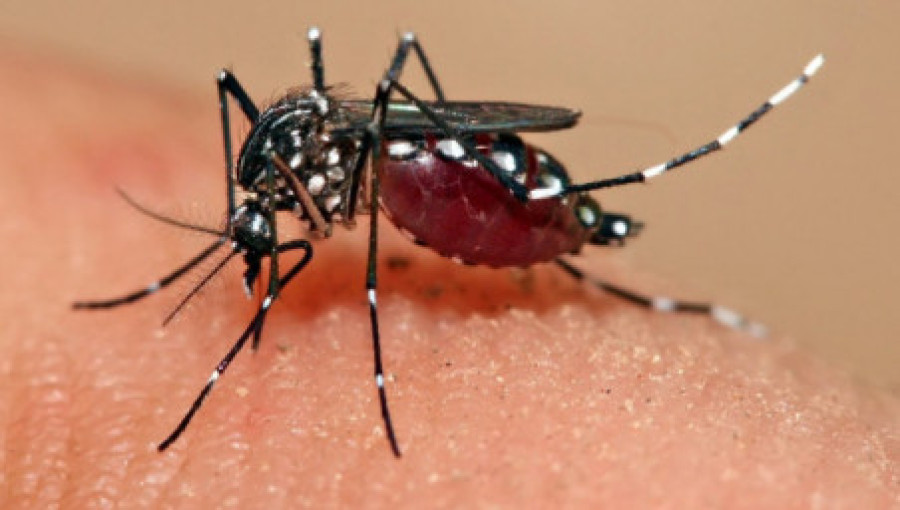
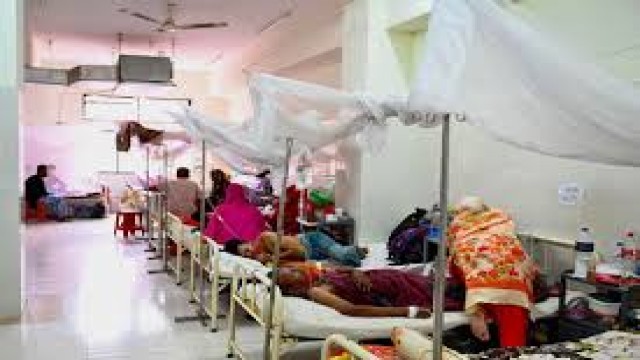
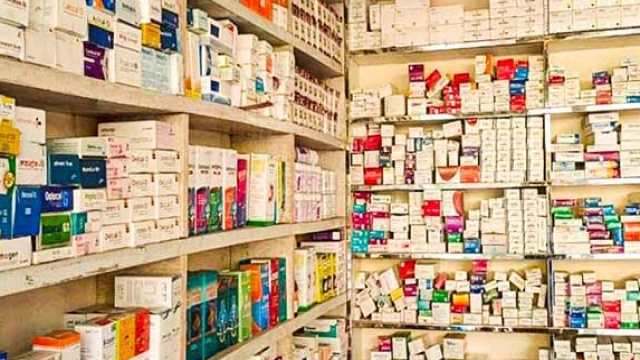


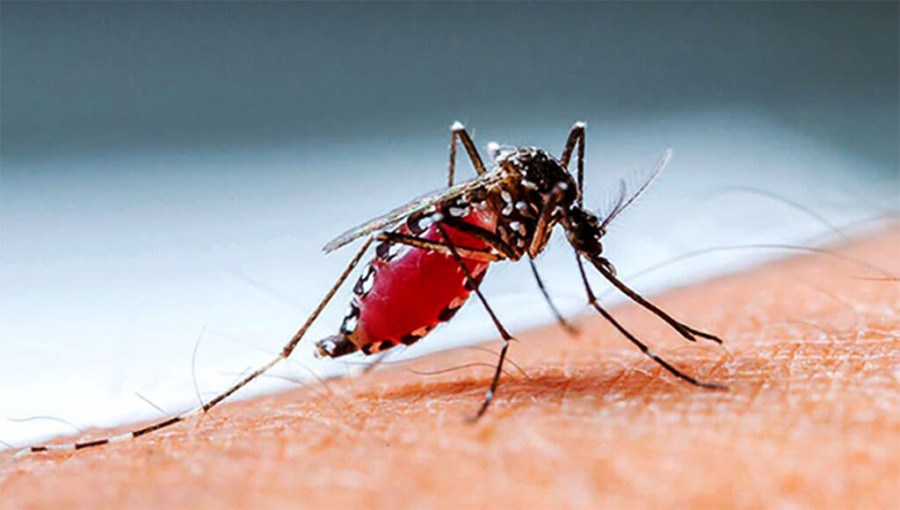







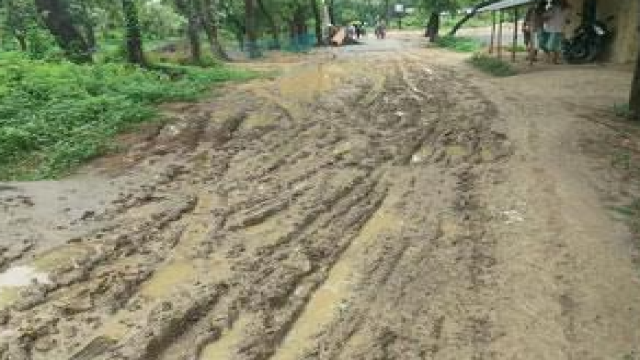




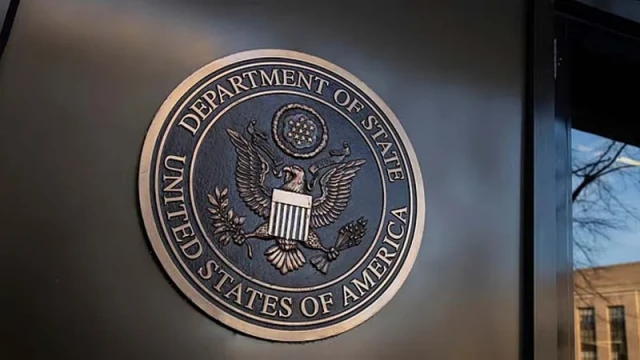
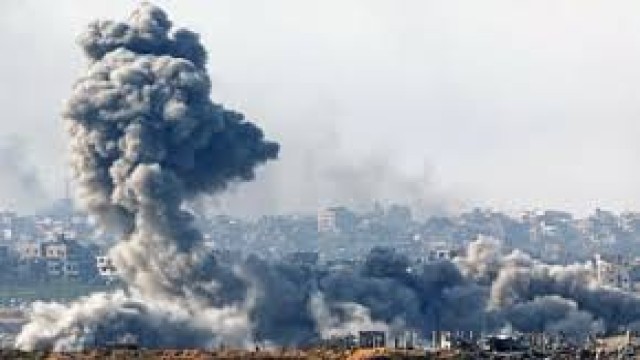
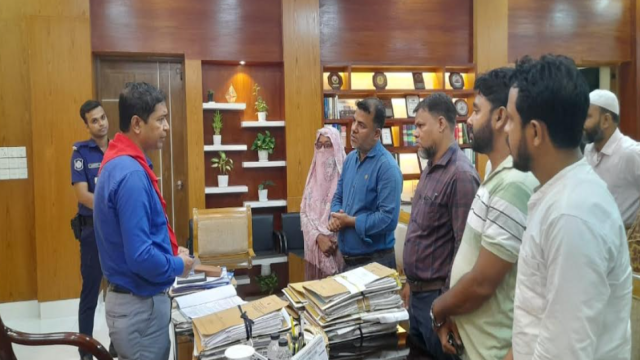
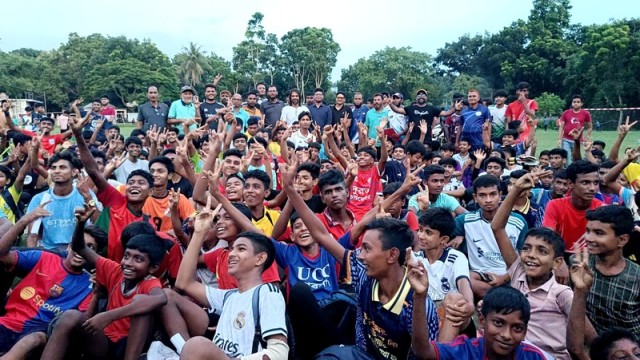
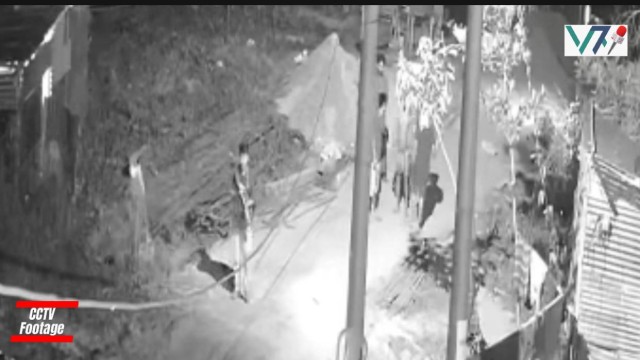

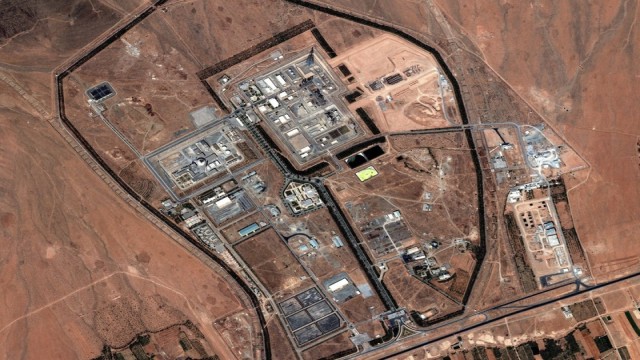

Comment: